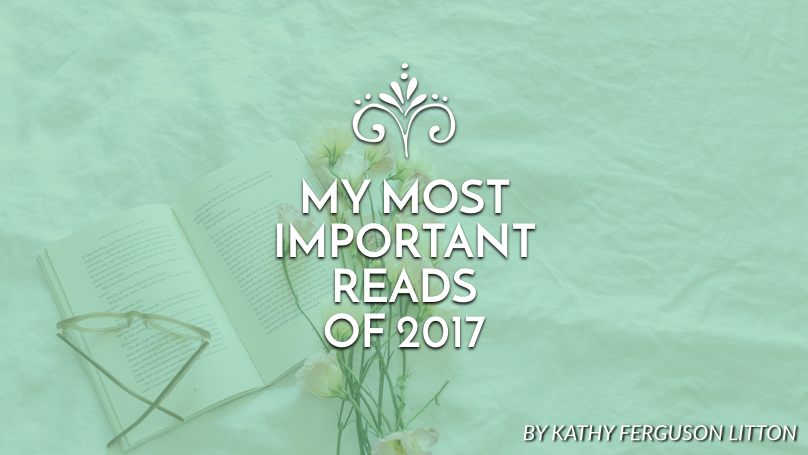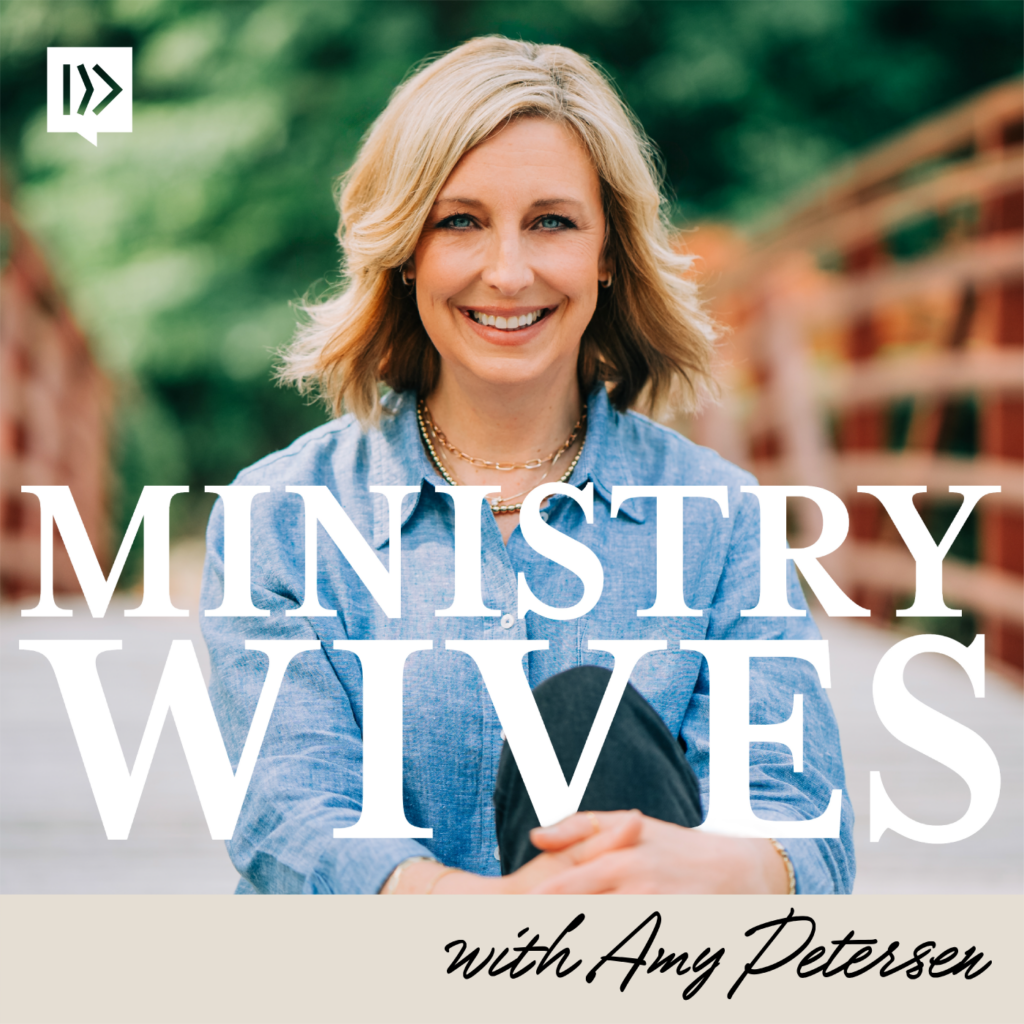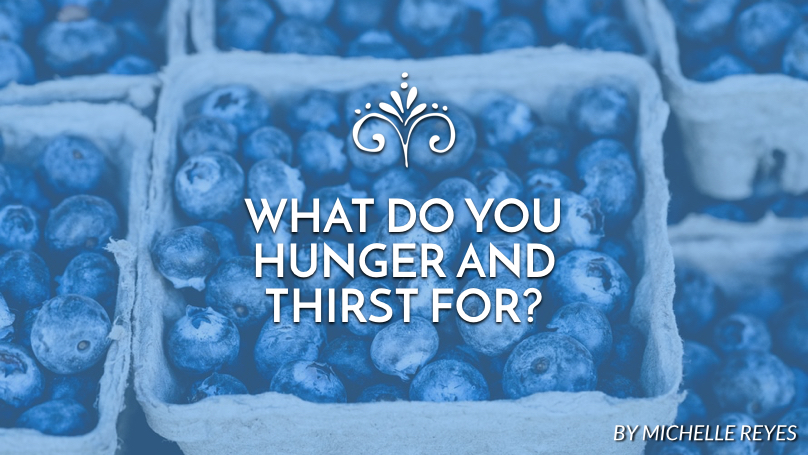Fresh titles keep coming at us but, let’s be honest, we don’t have enough time and money to read them all! Let’s also admit that far too many seemingly popular, trending books disappoint us. Lots.
That is why I love recommendations. It gives me chance to process how others are affected and transformed by the books they read. I feel like I get front-row seat of other’s growth and learning, transformation, or acquisition of an entirely fresh perspective. That, quite frankly, is what I hope the books I read provide for me. Here are my most important reads of 2017.
The Imperfect Disciple: Jared C. Wilson
This could fall into the category of my most underlined, marked up book of 2017. Jared writes in such an engaging, yet ordinary way that makes you feel you are actually in a conversation with him. He writes with depth, reality, and vulnerability, plus he’s snarky and truly funny. The combination of these features makes for a compelling read.
Some quotes:
- Our discipleship has to deal with this tension — the tension between the glorious reality we believe in and yearn for and the hard reality we currently live in every day — or else it’s not the real Jesus we’re following.
- Every day, I wake up into Romans 7. Every dadgum day. My alarm goes off and I sit up in bed, my uncoffeed consciousness groggily gearing up for sins — both of omission and of commission. I’m engaged in the flesh before I even get my feet on the carpet. And yet, right there beside me, laid out like the day’s outfit for school, are new mercies. Romans 8 lies right there, spooning Romans 7 in a full-size bed, no wiggle room.
If you a disciple and one who is committed to discipling others , this is a must read.
Made for More: Hannah Anderson
This is the second Hannah Anderson book I read this year and quickly she is becoming a favorite. “Made for More” just made my “Must Read Once Every Year” list. This is a centering book — the truths anchor us and keep us tethered to our actual God- given purpose — living as His image bearers. It will be an annual read for me.
She plunges headlong into the reality that always confronts us: Who am I?
Some quotes:
- Too often as women, we have restricted ourselves to the “pink” parts of the Bible. When we identify first and foremost as women, we can begin to believe that knowledge of ourselves will come primarily through passages that speak to women’s issues or include heroines like Ruth or Esther. But when we do this, when we craft our learning and discipleship programs around being ‘women,’ we make womanhood the central focus of our pursuit of knowledge instead of Christ.
- We’ve tried to answer how identity manifests itself, without first answering where identity comes from. We’ve tried to figure out where a woman should spend her life, without first answering who she should be. In order to know who you are, you must first know who He is.
- Because you are made in God’s image, you exist to reflect and represent Him on this earth.
- Finding identity as an image bearer means that you are made to live in dependent communion with God.
- In other words, we sin whenever we act in a way that does not reflect His nature, whenever we are not glorious like He is glorious.
This is not a book to be read swiftly. I would only allow myself to read one chapter at a time — so much to absorb. Rich book that has the potential to set many of us free.
Be Still My Soul: Elisabeth Elliot
It is no secret that Elisabeth Elliot is my personal hero and mentor from afar. Yet in reading this book again, I was shaken to the core by her ability to take the complicated, meaty, and deep and communicate it simply and clearly. She builds a systematic case, chapter upon chapter, on how our souls could possibly find stillness and rest in Him. This book can be read and understood by the newest believer, as well as the most seasoned.
Some quotes:
- God included the hardships of my life in His original plan. Nothing takes Him by surprise. Nothing is for nothing. His plan is to make me holy, and hardship is indispensable for that as long as I live in this hard-old world. All I have to do is accept it.
- Acceptance of my circumstances, the first step in obtaining joy and peace, begins with faith.
- Those of us who are Christians are meant to reflect God’s love and light to everyone we meet, becoming ourselves part of His material evidence to the world.
If you are struggling to be still, you need this book.
The Beloved Community: How Faith Shapes Social Justice from Civil Rights Movement to Today Charles Marsh
In recent years, I have made it a habit to read something that informs me of black history in America — in light of my discovery that I really know nothing of it. And I mean nothing. Charles Marsh is professor of Religious Studies at the University of Virginia. Marsh is historian, theologian, and a native Southerner whose own family story is closely connected to the civil rights era.
In an address in 1956, at the end of Montgomery bus boycott, Martin Luther King Jr. said that the boycott and its achievements did not represent the goal. He said, “The end is reconciliation, the end is redemption, the end of the creation of the beloved community.” John Lewis echoed MLK’s words by describing the civil rights movement as “nothing less than the Christian concept of the Kingdom of God on earth” and as a “redemptive society” that heals social wounds and division.
Charles Marsh recounts for us the place faith has played in the civil rights movement. It’s not always a pretty picture, yet it is an unmistakable clarion call begun by Martin Luther King Jr. and carried on by countless other bold believers. People of faith should be at the center of social justice and racial reconciliation — and this includes us. We are to be the “beloved community”.
If you are serious about understanding black history, civil rights, and people of faith in America, this an eye-opening resource. Be willing to be a learner.
Reaching the Unreached: Peyton Jones
When a book starts with the author being beaten into unconsciousness as he is working as missionary/church planter in Wales, it really gets your attention. Frankly, Peyton Jones entire book got my attention. He is bright, ironic, quirky and bold — and so is his book. I loved it! Quite frankly, this is probably the most important book I read in 2017. It challenged the reality of my piety with little practice in area of reaching the unreached. Peyton works from an Indiana Jones motif in this book, but do not underestimate its biblical richness and headiness. And do not underestimate its ability to lay on the heavy hand of conviction and challenge on your heart.
Peyton reminded me how safe and unadventurous mission and ministry have become to most of us.
Some quotes:
- The church has substituted fun instead of adventure.
- Christians don’t get bored when they’re using their gifts. They feel alive.
- Jesus had a soft spot for people that nobody else did. Lepers, Samaritans, prostitutes, tax-collectors. How we treat our modern-day Samaritans tells them a lot about what kind of gospel we truly believe. The community of the church in the New Testament was welcoming to outsiders. It wasn’t exclusive and there wasn’t a metal detector at the door keeping certain sins out. If the transvestite comes to your church, is acting loving toward them compromising the gospel or fulfilling it?
On reaching the LGBT community:
- The church has always struggled to understand God’s grace. Many Christians still think it enables people to get away with murder, rather than catalyzing a person from the inside out.
Get this book, but be prepared for a gut punch.
God uses diverse voices to add richness to our lives. Reading brings those voices into our lives. Find time in 2018 to carve out protected reading time.
Use your library card liberally. Beg, borrow and steal books. (Figuratively, of course!) Then ask God to sanctify and transform your soul, expand your mind and heart, and widen your world.
Published January 8, 2018



